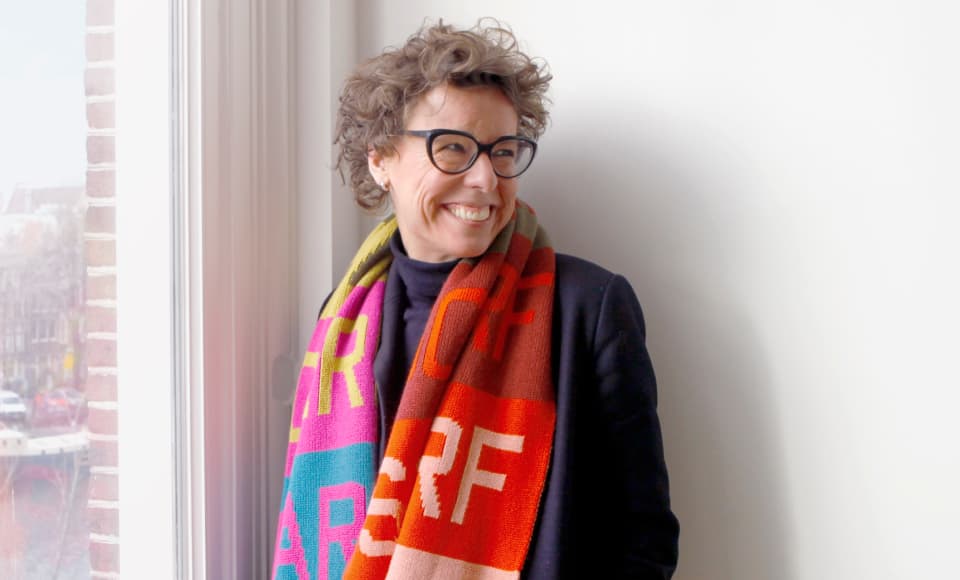A transfer deed is a document that sets out the terms of the sale of a house. Its content largely corresponds to that of the preliminary deed of purchase.

The tranfer deed consists of:
- Information about the parties involved in the transaction.
- The price of the house.
- The terms of the sale and the obligations of the buyer and seller.
The transfer deed is also known as a deed of delivery and is compiled and handled by a notary.
Signing a transfer deed
Prior to the deed of transfer, the preliminary sales agreement is signed. Once the resolutive conditions have expired, and the date of transfer has been set at the notary's office, the transfer deed is drawn up and signed by buyers and sellers.
This deed needs to match the agreements made in the purchase agreement. Before signing a transfer deed, you need to be sure you comprehend the document's contents and whether you can meet all its obligations. If a buyer is not fluent in Dutch, it is a legal requirement to have an official interpreter present to translate the transfer deed. The notary office can arrange an interpreter.
Before signing the transfer deed as a buyer, you can conduct a final inspection of the property. In the unlikely event that something is amiss, report this to the notary immediately. The notary can then record the defect in the deed and possibly keep a certain amount on deposit. This usually involves the seller not leaving the property "empty and clean" or violating agreements by, for example, leaving the lamps behind.
Implications of a transfer deed
The transfer deed is registered at the Kadaster (Land Registry). This registry records all immovable property in the Netherlands. This registration is public, meaning anyone can look up your registration and find out who owns the property, whether there is a mortgage, and what the mortgage amount is. This is because your mortgage deed is also registered in the public registers. The transfer deed will also secure matters relating to the surrounding area, such as the right of way of neighboring properties.
Notary fees
The notary ensures that the purchase of your home is completely legal and without any unwelcome suprises afterward. He also registers the property as being your official home. The costs include fees and administrative fees. However, the notary fees are deductible from your tax return for the fiscal year you bought the property.

Ga je een huis kopen?
Boek je gratis oriëntatiegesprek met een Walter-adviseur. Wij begeleiden je bij het kopen van je volgende woning.
Plan een gratis kennismakingLees verder



Walter Living is geregistreerd in Nederland op het adres Walter Tech, B.V. Singel 542, 1017AZ, Amsterdam. Ons KvK-nummer is 73708585 en ons BTW-nummer is NL859636033B01.
Diensten
Liever even contact via WhatsApp? Stuur een appje naar 085 080 6860


